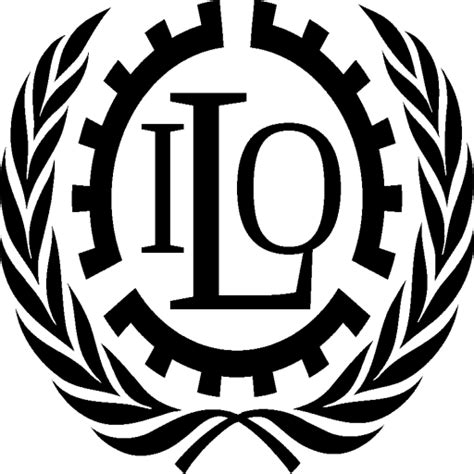
Special Projects Officer, IBA Business Human Rights CommitteeĮven when laws have been put in place, the World Economic Forum highlights that they can be ignored.

The traditional criminal law approach has proven to be inefficient and ineffective The Asia Pacific region has the highest number of people in modern slavery, according to ILO data.

Hong Kong, for example, has no dedicated law against human trafficking while Vietnam has no specific legislation against slavery. Legislation that addresses the root causes of modern slavery could make a difference in combatting it, says Sacco, who adds that, thus far, ‘the traditional criminal law approach has proven to be inefficient and ineffective’.Īs of 2018, 96 out of 183 countries hadn’t criminalised forced labour as a standalone offence, 133 hadn’t criminalised forced marriage and only 31 had ratified the ILO’s 2014 Forced Labour Protocol, which calls on states to make forced labour a penal offence with adequate penalties.

The World Bank estimates that there are between 75 million and 95 million additional people living in extreme poverty in 2022 than there were pre-Covid-19. ‘These compounding crises have led to increased vulnerabilities – employment and poverty – and those who are most vulnerable are at risk of being exploited’, she says. In 2021, over 50 million people were thought to be enduring modern slavery, according to the ILO – an increase from 40 million in 2016.Ĭovid-19, the climate crisis and conflicts are to blame, says Katharine Bryant, Head of Policy and Programs at the human rights group Walk Free. It can include forced labour, debt bondage, forced marriage and human trafficking. Modern slavery, according to human rights organisation Anti-Slavery International, is ‘when an individual is exploited by others, for personal or commercial gain’. Under the Sustainable Development Agenda, the UN’s member states have committed to ending modern slavery by 2030. ‘The law can do something positive in terms of introducing the tools to increase deterrents but also to eliminate or mitigate root causes,’ says Maria Pia Sacco, Special Projects Officer of the IBA Business Human Rights Committee and a senior legal advisor at RP Legal & Tax in Bologna, Italy. More robust legislative measures could help, experts say. Data from the International Labour Organization (ILO), published in September, shows it’s getting worse. Whether it’s human trafficking for online scams in Cambodia or the forced labour of the Uyghur population for garment production in the Xinjiang region of China, modern slavery continues globally.


 0 kommentar(er)
0 kommentar(er)
